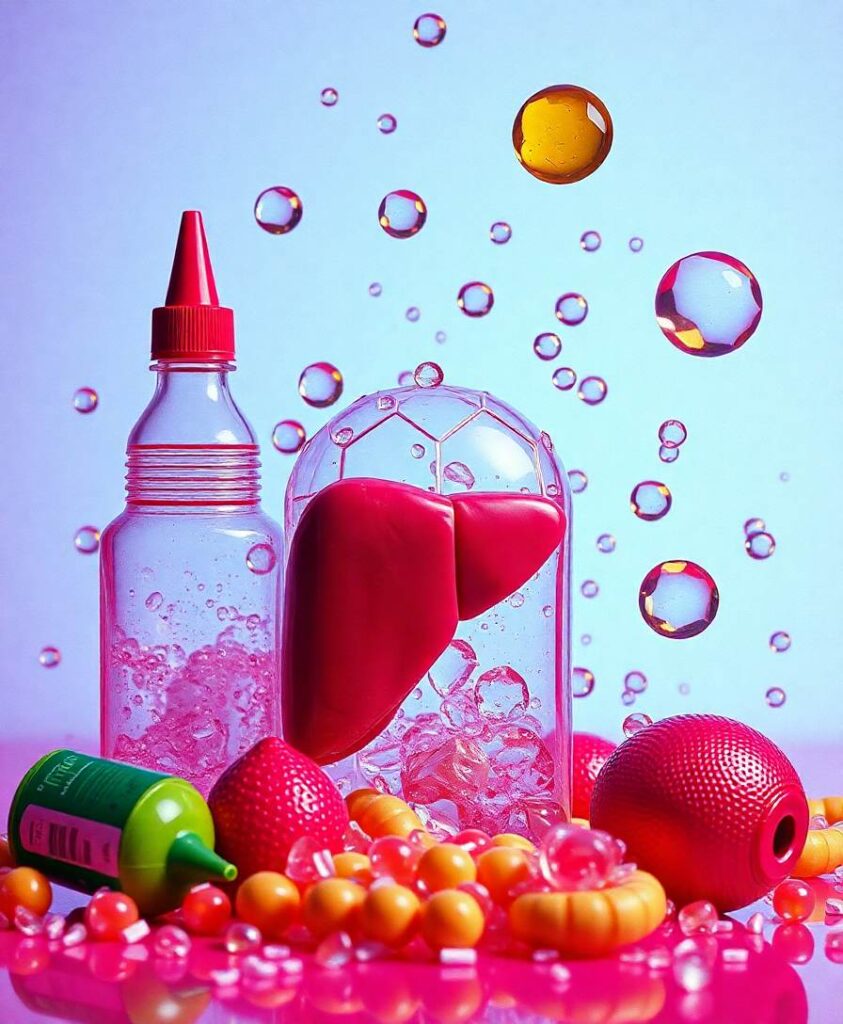ObjectiveTo conduct a meta-analysis of the effectiveness and safety of ginkgo biloba preparations combined with donepezil hydrochloride vs. donepezil for the treatment of Alzheimer’s disease (AD).MethodsThree English databases (Cochrane Library, PubMed, EMBASE), and four Chinese databases [the China National Knowledge Infrastructure (CKNI), the Chinese Biomedical Literature database (CBM), the Chongqing VIP database, and WANFANG DATA)] were manually searched for literature published from the respective dates of inception of the databases to December 2022. The randomized controlled trials (RCTs) of ginkgo biloba preparations with donepezil hydrochloride vs. donepezil for the treatment of AD were included. Relevant literature was screened, and the data in the included studies were extracted for quality assessment according to the Risk of bias tool. The RevMan 5.3 software was used for meta-analysis.ResultsA total of 1,642 participants were enrolled in the 18 RCTs. Of these, 842 were in the experimental group (ginkgo biloba preparations combined with donepezil hydrochloride) and 800 were in the control group (donepezil). The overall methodological quality of the included RCTs is poor due to the high risks of blindness and allocation concealment. The meta-analysis results showed statistically significant differences in several outcomes including Risk Ratio (RR) in change for clinical effectiveness rate (1.23, 95% CI 1.13, 1.34, P < 0.00001), mean difference (MD) in change for Mini-Mental State Examination score (3.02, 95% CI 2.14, 3.89, P < 0.00001), Activity of Daily Living Scale score (−4.56, 95% CI −5.09, −4.03, P < 0.00001), Hasegawa Dementia Scale score (2.04, 95% CI 1.74, 2.34, P < 0.00001), Montreal Cognitive Assessment score (2.38, 95% CI 0.72, 4.06, P = 0.005), between the experimental and control groups. But there is no statistically significant difference in change for adverse reaction (0.91, 95% CI 0.58, 1.42, P = 0.69).ConclusionGinkgo biloba preparations plus donepezil can improve clinical effectiveness rate and vocabulary memory outcomes. However, more relevant high-quality RCTs are needed in the future to validate these results.Systematic review registrationIdentifier CRD42022378970.



